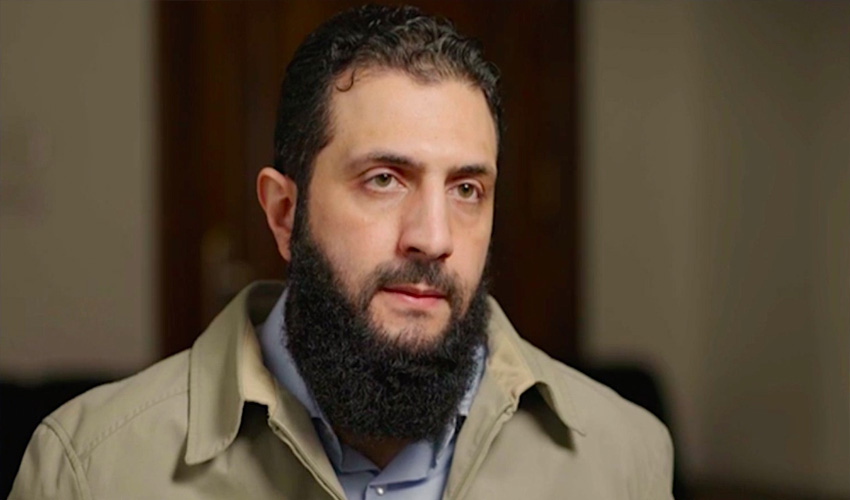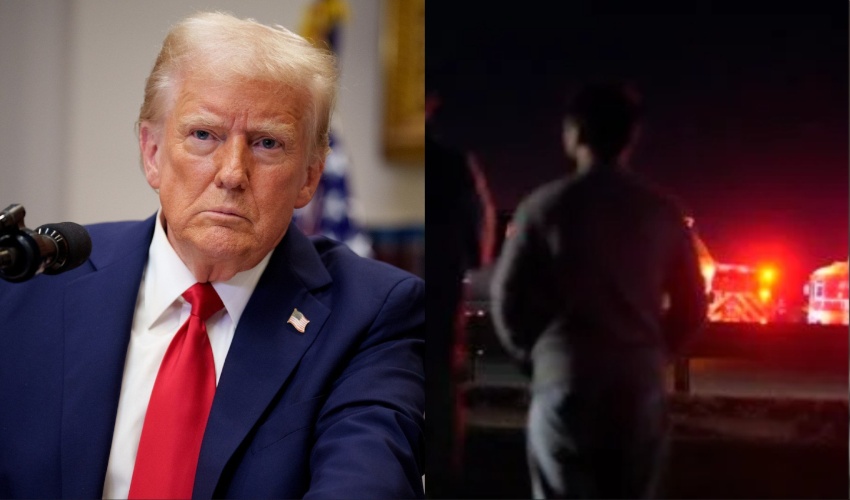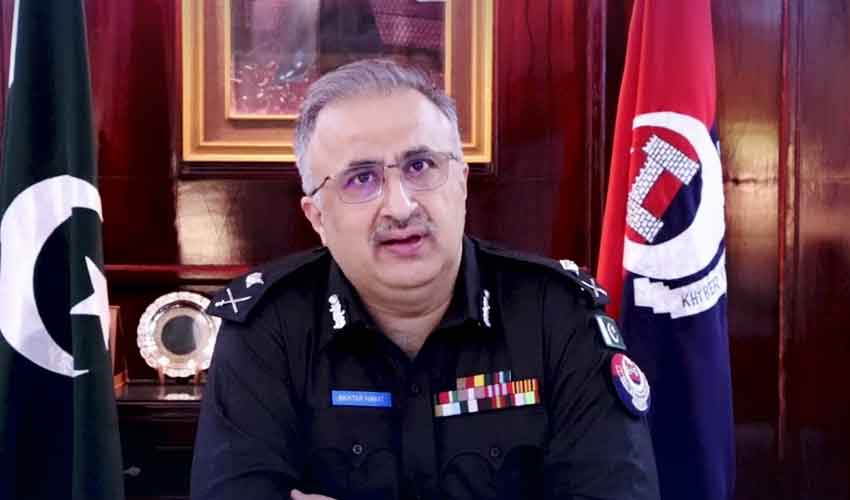The United States has withdrawn its $10 million reward for the capture of Syria’s new leader - Ahmed al-Sharaa - following the first high-level talks in Damascus since the ouster of President Bashar al-Assad earlier this month.
Assistant Secretary of State for Near Eastern Affairs Barbara Leaf announced the decision on Friday after a meeting with al-Sharaa, also known as Abu Mohammed al-Julani, the leader of the Hayat Tahrir al-Sham (HTS) group.
The talks, hailed as “positive,” signal a shift in Washington’s approach towards Syria under its new leadership.
Speaking to reporters, Leaf emphasised the discussions’ constructive nature, noting assurances from al-Sharaa regarding the prevention of terrorist threats.
“Based on our discussion, I informed him that we would no longer pursue the Rewards for Justice program’s offer that has been in place for several years,” Leaf stated.
She also highlighted the importance of an inclusive political transition in Syria, urging the new administration to represent all ethnic and religious communities.
The diplomatic engagement follows HTS’s surprising takeover of Damascus, culminating in the removal of Bashar al-Assad’s regime after over a decade of civil war.
Previously designated a terrorist organization by the US in 2018 due to its links with al-Qaeda, HTS’s role in Syria’s future governance remains a topic of international debate.
Shift in US policy
While the removal of the reward does not signify a complete normalization of ties with HTS, Leaf’s remarks reflect a strategic recalibration. “We fully support a Syrian-led and Syrian-owned political process,” she said, reiterating Washington’s commitment to ensuring stability and security in the region.
The delegation, which included former special envoy for Syria Daniel Rubinstein and hostage affairs envoy Roger Carstens, also sought information on missing Americans, including journalist Austin Tice, who disappeared near Damascus in 2012. HTS reportedly expressed willingness to assist in locating Tice and other missing persons.
US military stance
Meanwhile, the US military remains focused on combating remnants of ISIL (ISIS) in Syria. CENTCOM announced on Friday that an airstrike in Deir ez-Zor killed ISIL leader Abu Yusif, also known as Mahmud. The operation, conducted in an area previously held by Syrian government and Russian forces, underscores Washington’s intent to prevent ISIL’s resurgence.
“ISIS has the intent to break out over 8,000 operatives currently detained in Syria,” CENTCOM Commander Erik Kurilla said, adding that the US would continue targeting key figures involved in external operations.
The Pentagon confirmed this week that approximately 2,000 US troops remain in Syria, double the previously disclosed number. Despite ISIL’s territorial defeat in 2017, Washington considers the group an ongoing threat and has no plans for immediate withdrawal.
The talks in Damascus, coupled with recent military actions, highlight the complex geopolitical landscape in post-Assad Syria. While the US has taken a cautious approach toward HTS, the latest developments indicate an openness to dialogue, provided the group demonstrates a commitment to regional stability and counterterrorism.



























